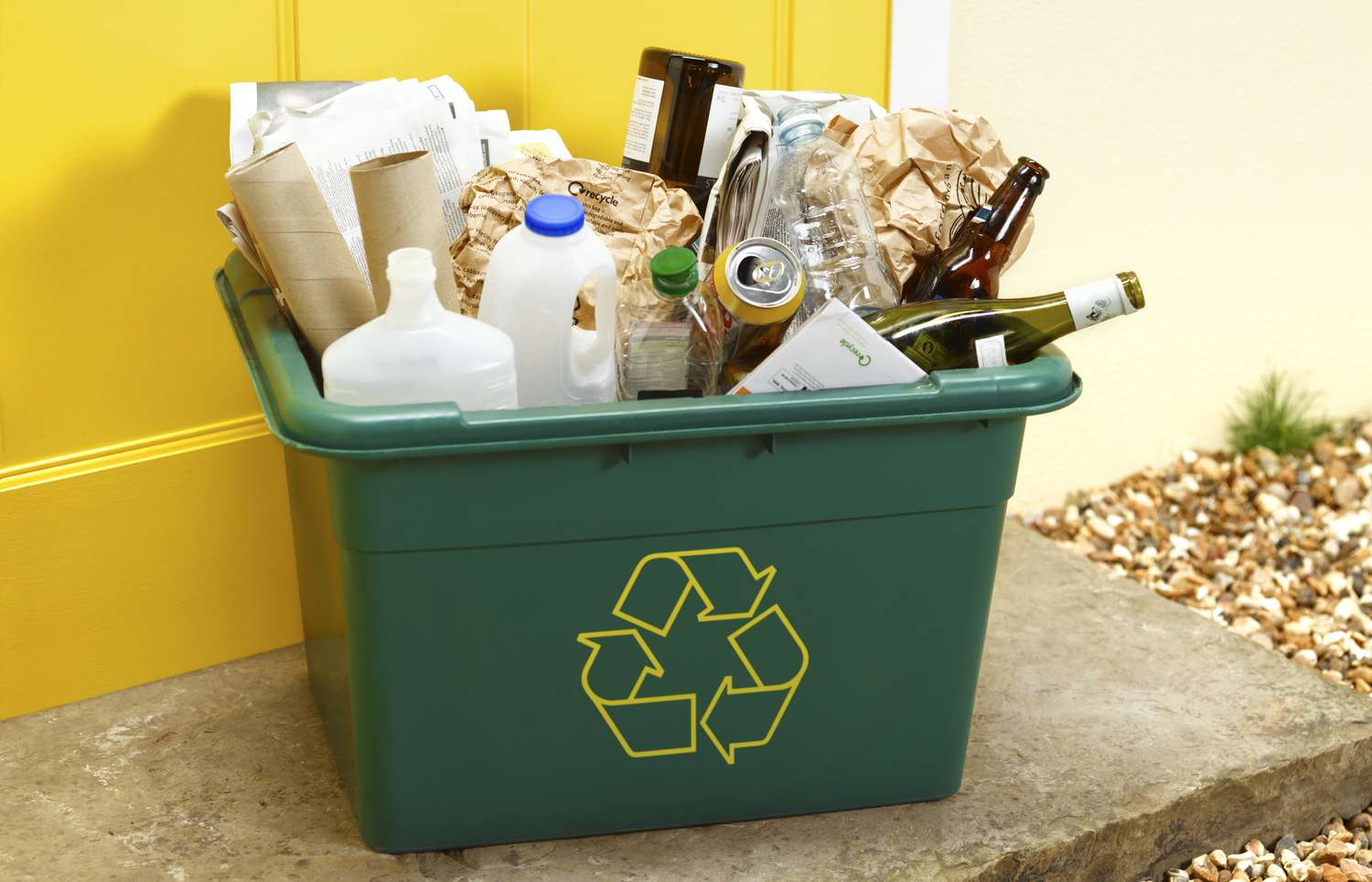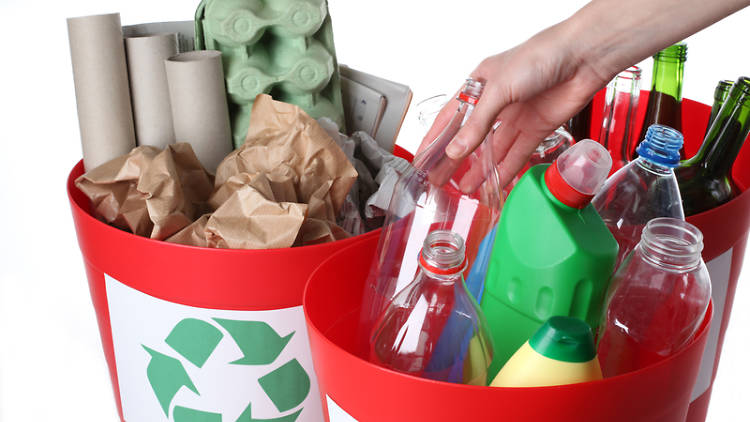
It's encouraging to see that, according to WRAP's October 2022 Recycling Tracker report, 89% of Pakistanis actively recycle, indicating that the practice has spread throughout the country. Even with this encouraging development, there is still opportunity for improvement, since over half of us (54%) acknowledge that we throw away things in the regular trash that we could easily recycle at home.
In Pakistan, we have a similar situation where recycling is increasing but clearly has to be improved. A considerable proportion of people (54%) choose to discard recyclables in the regular trash can, possibly because they think that small actions have little effect. But it's important to understand that even little efforts count. Together, we can achieve significant changes if we all pledge to recycle a little bit more. What’s even better is that it doesn’t take any extra work. Let's investigate how we might improve Pakistan without creating more difficulties.

Why we don’t always recycle, even when we could:
There are many other reasons why we can decide to discard a recyclable item rather than recycle it, so it’s not only because we think it won’t make much of a difference. To start taking action, we must first be honest with ourselves—not to punish ourselves, but to recognize the causes. As an example, we may consider:
- “I’m not sure whether it can be recycled” is a frequent feeling. To be safe, one may decide to put it in the general waste bin instead of asking questions about whether something can be recycled or if particular elements need to be removed before recycling.
- “It’s disgusting,” a reaction that indicates we don’t want to deal with food residue, such as washing out food packaging.
- "It's too much hassle" -- after a hard day, we often want to settle down and unwind, but cleaning or removing parts can feel like an added hassle.
- "Put it in the bathroom bin" recycling isn't limited to the kitchen; without a routine, habit, or special container for recycling materials outside of the kitchen, recycling efforts may be neglected (such as in the bathroom).
- Even though foil is easily recycled by washing off food residue and rolling it into a ball for the appropriate container, 59% of Americans still dispose of foil and foil trays in the regular trash. Recall that recycling is easier with larger balls.
- Clear plastic trays: although our local municipality takes them for recycling, 14% of us throw clear plastic trays--from fruit punnets to mushroom and sausage trays--in the trash. They just need a short rinse to get rid of food residue, so forget about that general garbage and get them ready for recycling!
- Clear plastic trays: although our local municipality takes them for recycling, 14% of us throw clear plastic trays—from fruit punnets to mushroom and sausage trays—in the trash. They just need a short rinse to get rid of food residue, so forget about that general garbage and get them ready for recycling!
- Yogurt pots and butter tubs are examples of plastic pots and tubs that should be recycled, but 10% of us throw them in the trash instead. Make sure yours are clean and empty before recycling them; you can keep the lids and labels on, but make sure to take off any absorbent pads and plastic film and place them in the general garbage bin.
- Avoid being one of the 11% and 12% of Pakistani homes that dispose of their empty bottles of cleaning products and toiletries in the trash rather than recycling them! Just give them a quick rinse, crush them, and place them in the recycling while still wearing their lids. Even spray bottles with triggers and sprays remaining can be recycled; however, bottles with pump dispensers (like hand wash bottles) need to have their lids removed.
Are any of these mental processes familiar to you? Fortunately, none of these requires significantly more work to overcome. For instance, it's simple to find out if something can be recycled, and once you do, you'll know for sure the following time. To recycle food residue, all it takes is a fast rinse in the washing up water after you've finished washing the dishes. You could also just place a bag for recycling like empty shampoo bottles on the back of your bathroom door.

Frequently overlooked household objects that are recyclable
It's also reasonable to argue that some household goods are more frequently disposed of in the trash than recycled, leading these issues will help your home become more materials overall. Among them are: